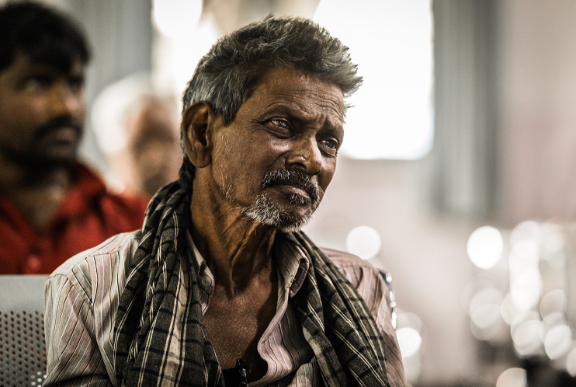
Why we help
Over 12.5 million people are needlessly Corneal Blind
More than 12.5 million people are needlessly corneal blind. More than 1.5 million, including 350,000 infants, become corneal blind every year, with profound impacts on caregivers as well as the blind. Over 95% live in lower- and middle-income countries. Corneal transplants can cure 80% of them.
ESI provides a way.
How weʼre helping them
WE PROVIDE EXPERTISE
ESI focuses on access to quality corneal transplants and eye banking. We work with local partners to provide education, training and creation of locally sustainable resources for the corneal blind.

Eye Banking

Corneal Transplantation

Education and Training
There is no better way to thank God for your sight than by giving a helping hand to someone in the dark.
– Helen Keller
History
OUR RECENT ACHIEVEMENTS
ESI’s achievements are unique. We focus exclusively on
corneal transplantation and eye banking and are guided by principles of quality, not profit, and access for all those in need.

Education of Health Care Professionals
ESI and its partners have trained more eye surgeons in corneal transplantation than any other eye care educational institution in the world. More than 50% of our corneal specialists in training are women.
Corneal Transplantation
For this procedure, eye surgeons require special training in the surgery itself and patient follow-up. ESI and its partners have established the largest corneal transplantation service in the world in Hyderabad, India. On average, surgeons there perform more than 2,700 corneal transplants a year. This is more than in all of Canada annually.

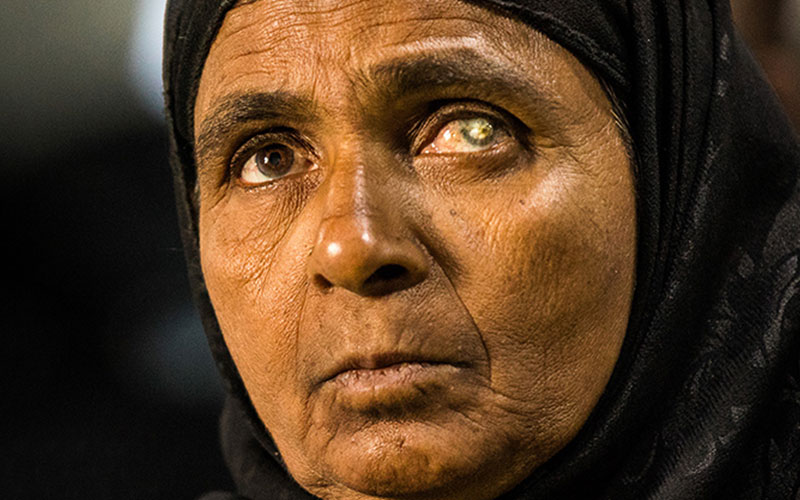
Eye Banking
ESI has provided expertise and planning from the national to the local level to achieve successful eye banking programs. For example, in Hyderabad, India, ESI has worked with partners to establish the largest eye bank in the world, with more than 5,000 corneas available for transplant surgeries per year.
Transfer of Expertise
ESI has provided expertise within its mandate since 1992. It pioneered hospital-based donation programs, which have become the foundation of eye banking in all lower- and middle-income countries. In 2020, ESI and partners developed a management information program, which will eventually be available to all eye banks in LMICs.
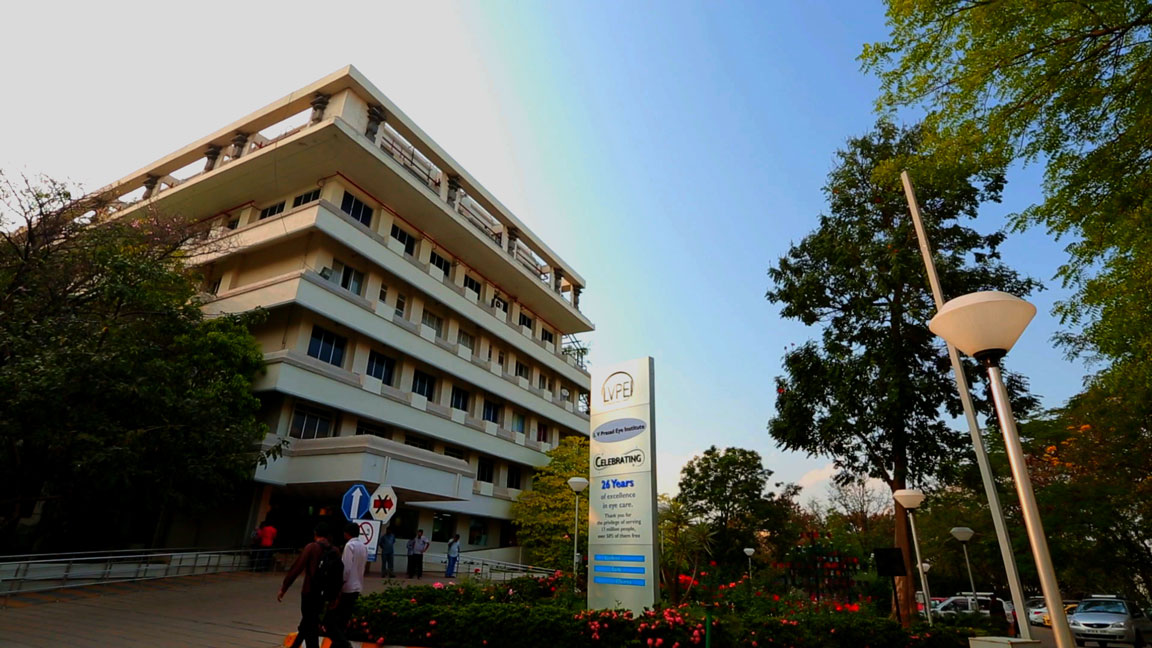
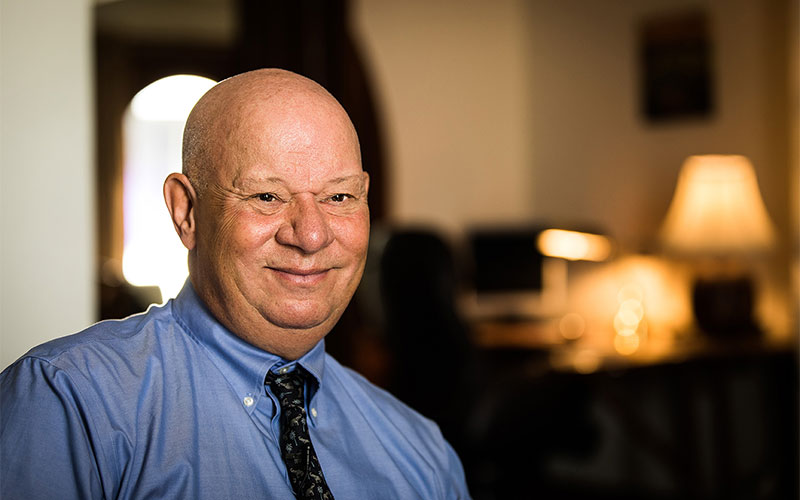
THE MAN BEHIND ESI’s VISION
Dr. Paul J. Dubord,
1951-2022
With great sadness, we share news that Eyesight International founder Paul Joseph Dubord, MD, FRCSC, OC, passed away Monday, September 5, in Vancouver following a short, intense battle with pancreatic cancer. He was 71.
Learn more about Dr. Paul Dubord and his vision.
WATCH VIDEO
WHAT MAKES US PROUD
WHAT’s NEW
LATEST NEWS & STORIES
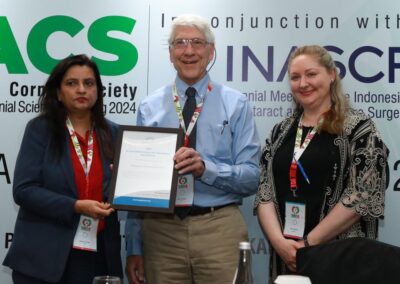
Prof Namrara Sharma receives GAEBA’s insaugural Dr Paul Dubord Award for International Eye Banking
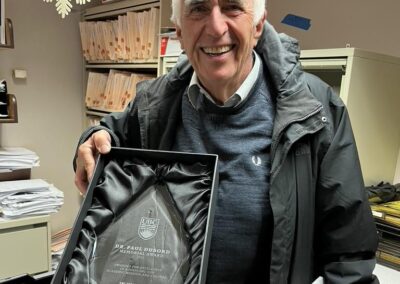
Dr. Paul Dubord Memorial Award
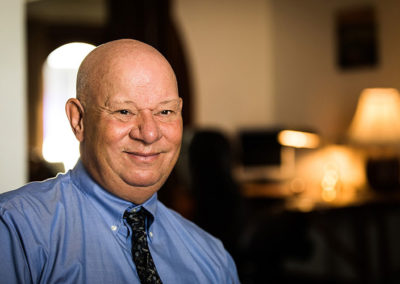
Dr. Paul J. Dubord, Eyesight International founder 1951-2022
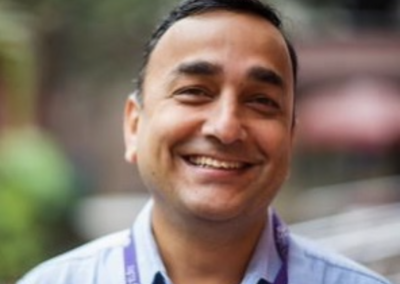
Dr Umang Mathur
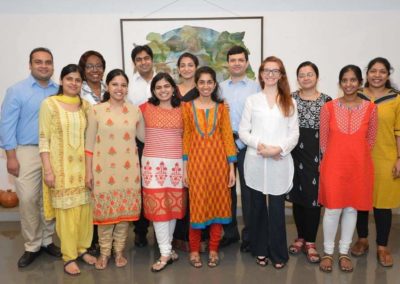
Dr María Agustina Borrone
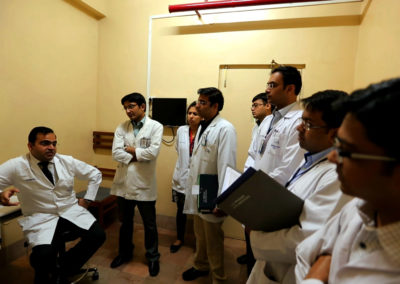
The Value of Partnership in Working in LMIC
TESTIMONIALS
THOSE WE HELP
WE’re NOT ALONE
MEET OUR PARTNERS
Branch of International Surgery - UBC
BIS was created to advance comprehensive surgical care to all those in need Nationally and Internationally.
LV Prasad Eye Institute
The LVPEI is one of the Premier Eye Institutes in the world. The institute is a WHO collaborator centre for the prevention of blindness.
International Agency for the Prevention of Blindness
IAPB is the WHO affiliate organization promoting comprehensive eye-care for all in the world
YOU CAN HELP TOO
Help us help the blind
ESI plans to expand its programs to other parts of the LMIC where the needs are dramatic with millions of needlessly corneal blind that have no access to corneal transplantation. Become a champion and an advocate of ESI by sharing this organization’s goals and achievements with your family and friends. Furthermore, you may donate directly to our programs.